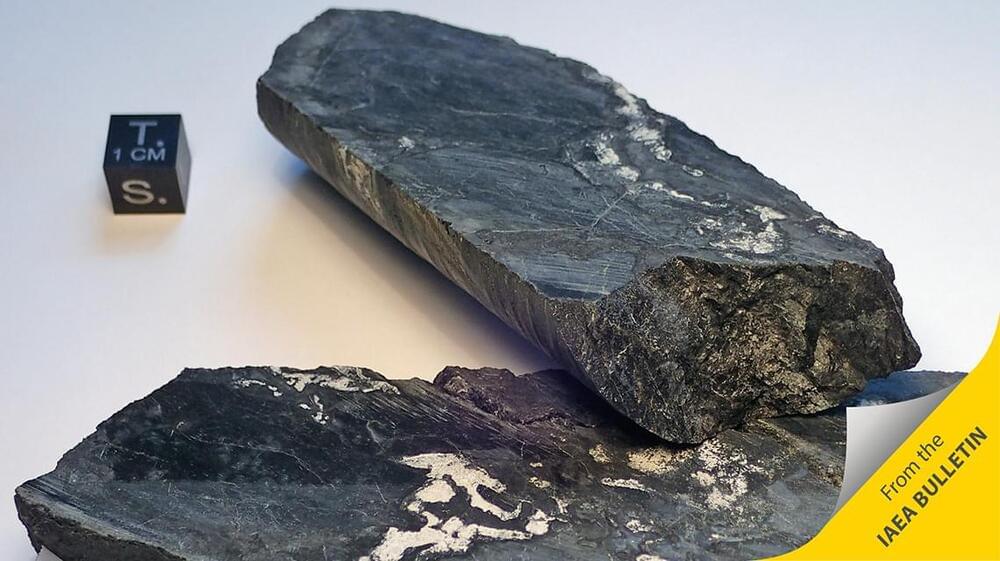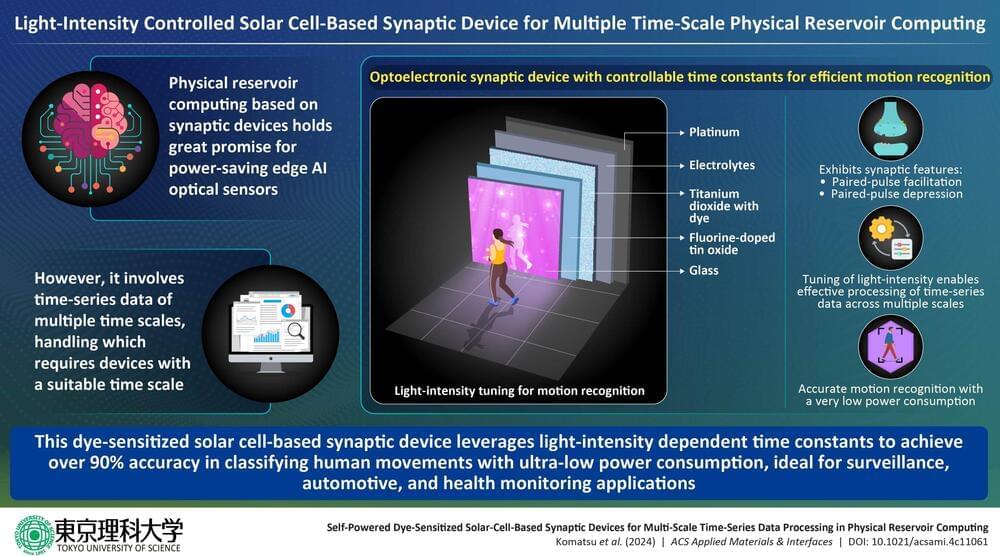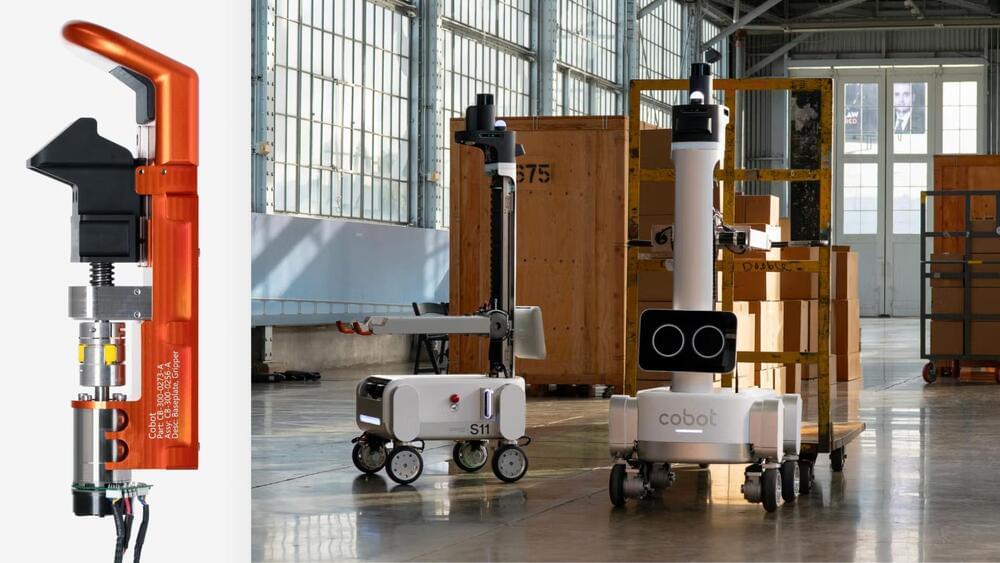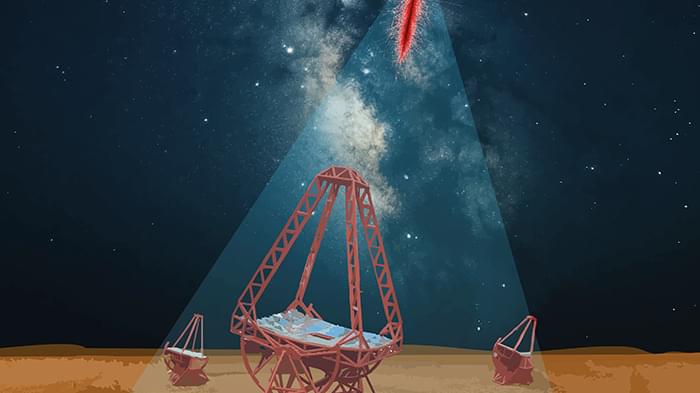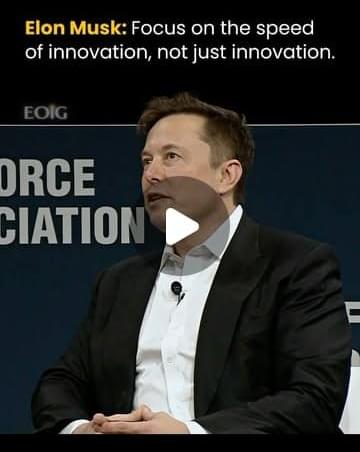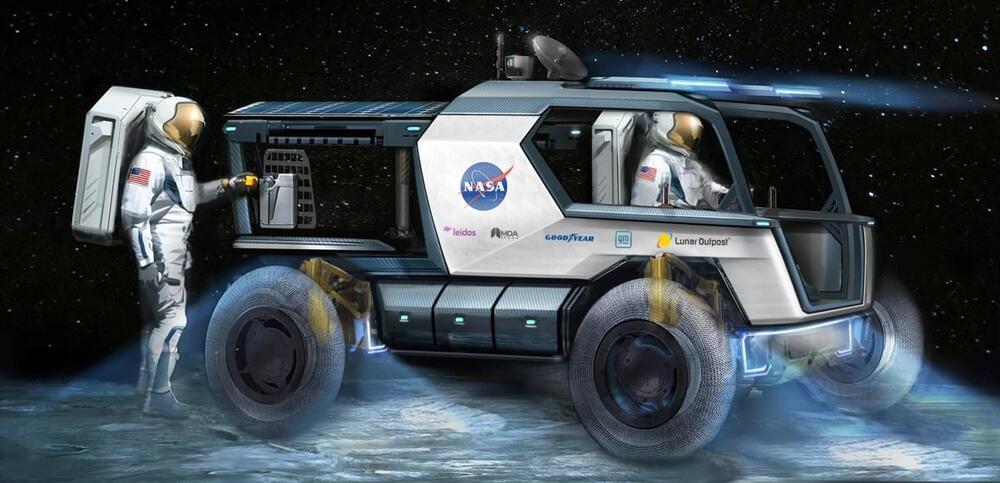Nov 25, 2024
Meet Oklo, the Earth’s Two-billion-year-old only Known Natural Nuclear Reactor
Posted by Omuterema Akhahenda in category: nuclear energy
Physicist Francis Perrin sat at a nuclearfuel-processing plant down in the south of France, thinking to himself: “This cannot be possible.” It was 1972. On the one hand, there was a dark piece of radioactive natural uranium ore, extracted from a mine in Africa. On the other, accepted scientific data about the constant ratio of radioactive uranium in ore.
Examination of this high-grade ore from a mine in Gabon was found to contain a lower proportion of uranium-235 (U-235) — the fissile sort. Only a tiny bit less, but enough to make the researchers sit back and scratch their heads.
